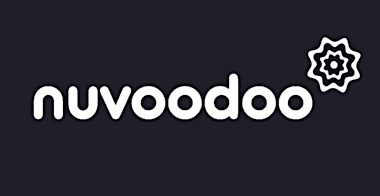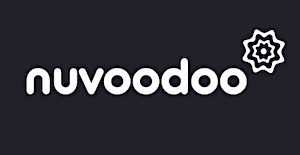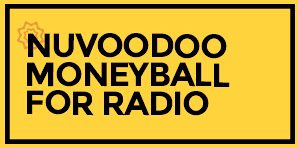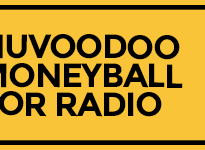Moneyball: Can Listeners Contact Your Station?


We investigated this back in 2015 by assembling a small sample of radio stations: the top 10 music stations in a top 10 market. We called the studio line for each one and emailed the general listener comment email address from their websites where possible with the goal of telling them their station was doing a great job.
Back then, ten stations yielded two phone conversations at two co-owned radio stations, where we got to tell the same person (answering for each station) how much we liked one station. Online we were unable to find email addresses for any programming contact for four of the stations (but they did have online forms to request songs). We emailed the others and got replies from two.
We used an updated version of the same sample this time but set out to make contact via text message and Facebook in addition to phone and email. Here’s the scorecard:
> Phone: None of the stations answered. We tried at different times of the day across a few days.
> Email: A week later, no reply at all from six of the ten, auto-replies from three, and a genuine-looking reply from just one station.
> Text: There was no SMS number listed for six of the stations. We got auto-replies from three. We received a genuine-looking response from one with the offer of a shout out (not the same station as the genuine-looking email reply).
> Facebook: Zilch.
Maybe we should have tried Insta, TikTok, and X? Maybe we should have tried a wider array of markets? We’re aware of stations at which answering phones, posting and responding on Social Media, and responding to texts and email is a responsibility for on-air talent.
In our twice-annual NuVoodoo Ratings Prospects Studies we’d been in the habit of asking respondents to agree or disagree with the idea that “Radio stations are very interested in your feedback and input,” for several years. We stopped asking about it because the results didn’t change meaningfully from one study to another. We never had more than about a fifth of the sample agree that stations were very interested in their input.
The reality is budgets are tight and stations don’t have people assigned to monitor these channels, of course. But the message from all but two of the stations in our sample is they’re not very interested in feedback or input from listeners. A missed phone call, unreturned email, unacknowledged text, or spurious Social Media contact doesn’t stack up very high within the cume of a radio station. But, given the viral nature of communication, one missed contact can multiply quickly. Similarly, one strong contact can multiply quickly. Which way do you want to represent your station?





